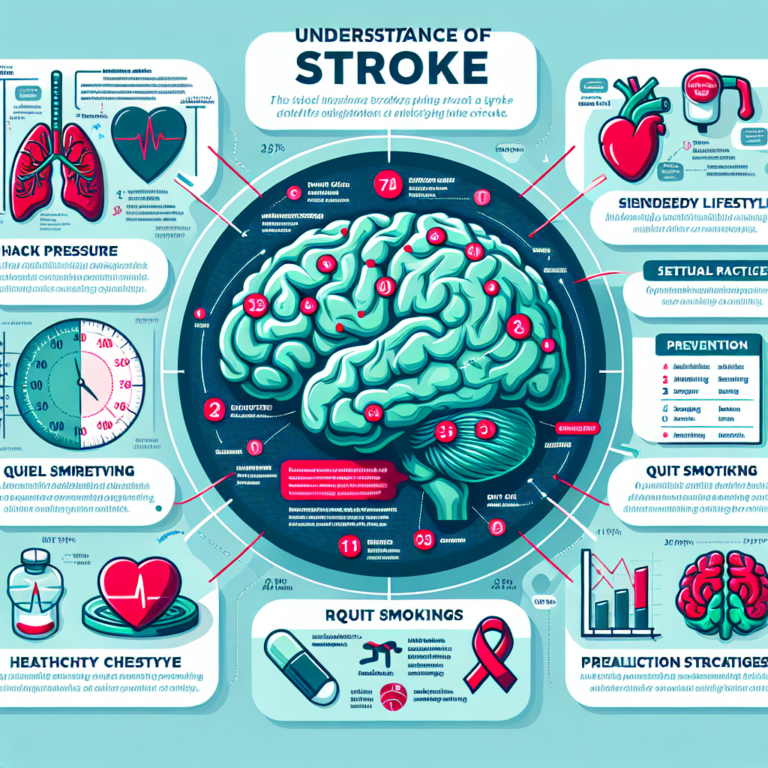
Introduction
Imagine navigating life with a map designed for someone else—confusing and frustrating, right? This is how many individuals feel when confronted with cognitive challenges, whether due to injury, illness, or developmental issues. Neuropsychological assessments explained: what to expect and how they benefit you can be the compass guiding you toward clarity and effective intervention. These assessments are not just tests; they are a way to shine a light on what’s happening in your brain, unlocking insights that can improve your quality of life. In this article, we’ll delve deep into the realm of neuropsychological assessments, empowering you with knowledge and understanding to take charge of your cognitive health.
Understanding Neuropsychological Assessments
What Are Neuropsychological Assessments?
Neuropsychological assessments are comprehensive evaluations that measure a person’s cognitive, behavioral, and emotional functioning. They involve a series of standardized tests designed to assess various areas, including memory, attention, problem-solving skills, and language abilities. By correlating the outcomes with brain functioning, these assessments provide significant insight into how various factors—such as neurological diseases, mental health disorders, or head injuries—affect overall cognitive performance.
Why Are They Important?
Understanding neuropsychological assessments explained: what to expect and how they benefit you starts with recognizing their importance. These evaluations are crucial for diagnosis, treatment planning, and monitoring progress. Whether you’re a parent worried about a child’s learning difficulties or an adult coping with memory problems, these assessments can provide the clarity and guidance needed for effective intervention.
Who Performs These Assessments?
Licensed psychologists, particularly those specializing in neuropsychology, conduct these assessments. They use a mix of standardized tests and clinical observations to develop a comprehensive profile of an individual’s cognitive function. These professionals bring expertise that ensures accurate analysis and interpretation of the complex data gathered during assessments.
The Assessment Process
Initial Consultation
The assessment journey usually begins with an initial consultation, where you will discuss your concerns with a neuropsychologist. During this stage, the professional will gather information about your medical history, cognitive issues, and any relevant family history. This conversation is pivotal, setting the stage for a tailored assessment approach that meets individual needs.
The Testing Phase
Following the consultation, you will undergo a series of tests. Here’s a glimpse of what to expect:
- Cognitive testing: Tasks that measure abilities like language, memory, attention, and problem-solving.
- Behavioral assessments: Evaluations that consider how emotional and behavioral issues may impact cognition and daily life.
- Clinical interviews: Discussions that delve into personal history and current challenges, crafted to gather qualitative data complementing the quantitative test results.
Duration of Assessments
The assessment process can span several hours or even days, depending on the extent of evaluation required. While the length can seem daunting, remember that thoroughness is crucial for obtaining accurate results—sometimes, those hours could reshape your understanding of yourself or a loved one.
Case Studies: Real-World Applications
Case Study 1: The High School Student
Background: A 16-year-old student named Lisa struggled with focus and attention, which detrimentally impacted her academic performance.
Assessment Findings: Through neuropsychological assessments, it was discovered that Lisa had significant attentional deficits but very strong verbal abilities.
Intervention: Armed with this information, her school implemented an individualized education plan (IEP), incorporating accommodations like extra time on tests and breaking tasks into smaller, manageable pieces.
Relevance: This case highlights how understanding cognitive strengths and weaknesses can lead to tailored interventions that foster academic success.
Case Study 2: The Recently Diagnosed Adult
Background: John, a 45-year-old man, was recently diagnosed with mild cognitive impairment (MCI), prompting concerns about the progression of his cognitive challenges.
Assessment Findings: Neuropsychological evaluations indicated his memory was affected significantly while other areas, like executive function, remained relatively intact.
Intervention: Based on these findings, John worked with a cognitive therapist to implement strategies focused on memory aids while leveraging his executive function skills for planning and organization.
Relevance: John’s story illustrates the importance of specificity in intervention—identifying precise challenges enables more effective coping strategies.
How Neuropsychological Assessments Can Benefit You
Tailored Treatment Plans
When neuropsychological assessments are conducted, the results serve as a roadmap for your treatment. Understanding your unique cognitive profile allows healthcare providers to craft personalized intervention strategies that can be much more effective than a one-size-fits-all approach.
Better Academic and Work Performance
Whether for children or adults, these assessments can dramatically improve functioning in academic or occupational settings. By identifying skill gaps and strengths, neuropsychologists can suggest interventions that optimize performance at school or work.
Enhanced Communication
Parents, educators, and employers can benefit significantly from understanding an individual’s neuropsychological profile. These assessments can facilitate clearer communication about strengths and challenges, improving relationships and fostering collaboration in support efforts.
Emotional and Behavioral Insights
Beyond just cognition, neuropsychological assessments shed light on emotional and behavioral aspects affecting day-to-day functioning. Understanding these connections can lead to better emotional regulation and improved interpersonal relationships.
Future Planning and Advocacy
For families facing developmental abnormalities or neurodegenerative diseases, understanding neuropsychological assessments explained: what to expect and how they benefit you can empower advocacy. Armed with concrete data, families can engage more effectively in educational and medical systems on behalf of their loved ones.
FAQs
1. What should I expect during a neuropsychological assessment?
During the assessment, you will go through interviews, various standardized tests, and behavioral observations. Each session is tailored to your unique situation, so the tests may vary.
2. Are neuropsychological assessments only for children?
No! While they are commonly used for children with learning difficulties, adults can also benefit from assessments, especially in cases of cognitive decline or head injuries.
3. How long does it take to get results?
Results are typically delivered within a few days to weeks following the assessment, as they require careful analysis and consideration.
4. Are these assessments covered by insurance?
Coverage varies by insurance provider. It’s advisable to check with your provider beforehand regarding specific coverage for neuropsychological assessments.
5. Can I prepare for a neuropsychological assessment?
While specific preparation isn’t necessary, getting a good night’s sleep and ensuring you’re well-hydrated can help you perform your best during evaluation.
Conclusion
Neuropsychological assessments explained: what to expect and how they benefit you is not merely an academic topic; it’s a gateway to improved cognitive health and overall well-being. By arming yourself with knowledge about the assessment process, its benefits, and its real-world applications, you can take informed steps toward understanding and enhancing your cognitive health or that of a loved one. These assessments can truly be life-changing, providing clarity and strategies that pave the way for better communication, educational achievement, and personal empowerment. Recognizing the value of these assessments allows you to advocate more effectively for yourself or those in your care. So, step confidently into the world of neuropsychological evaluations—your cognitive journey awaits!















